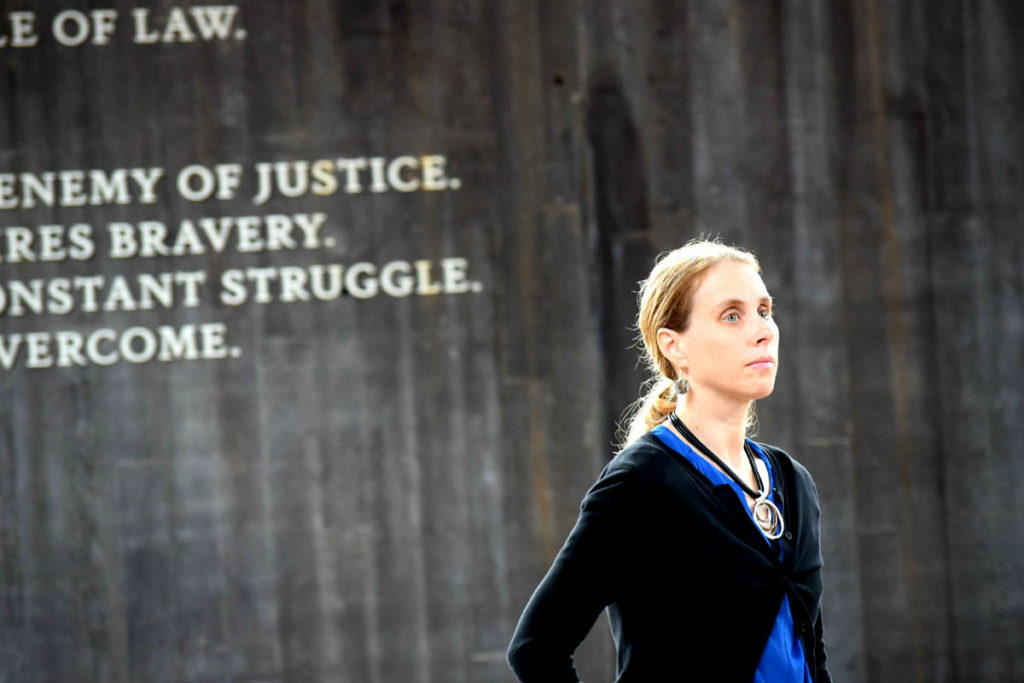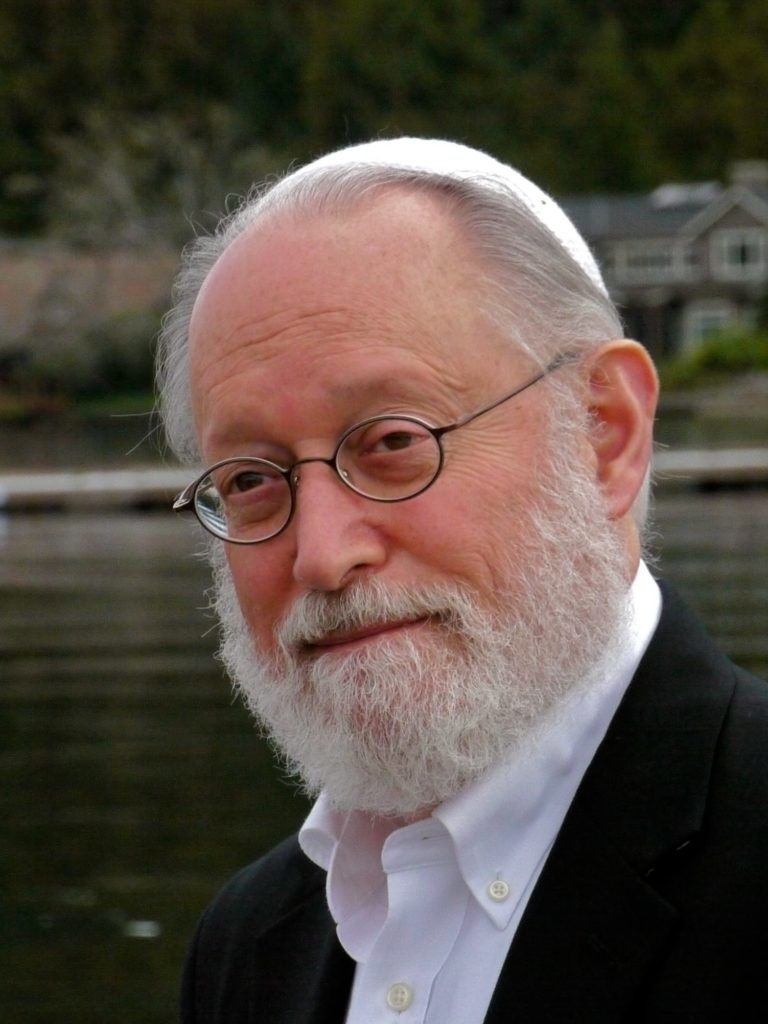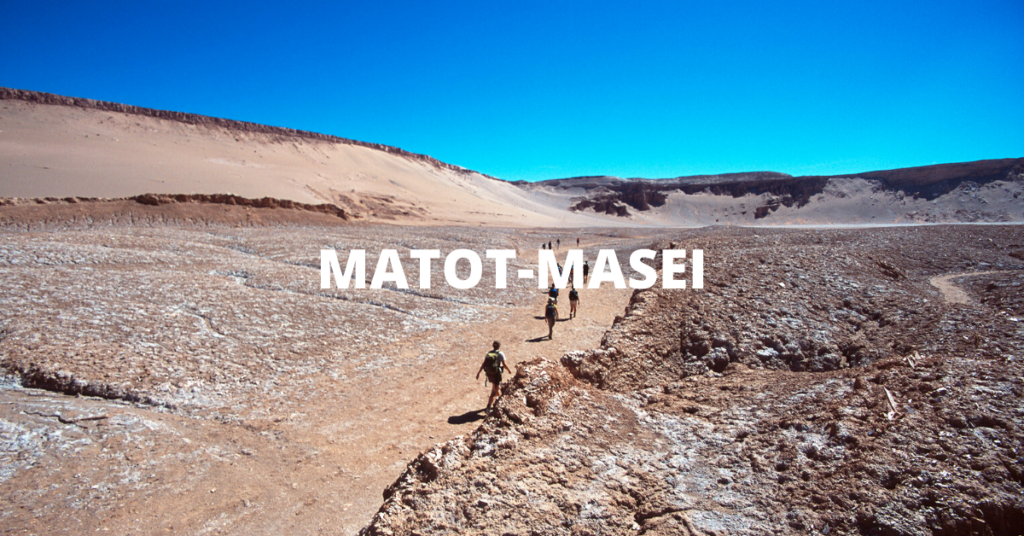
Post-Election Message from Rabbi Jill Jacobs
April 10, 2019 Dear Friend, How do we maintain hope in times of uncertainty, or even despair? One midrash (rabbinic expansion) offers a surprising suggestion about how Moses inspired the Israelites toward freedom: “Moses would bring the Book of Job and show it to the elders of Israel enslaved in Egypt so that they would...
read more







